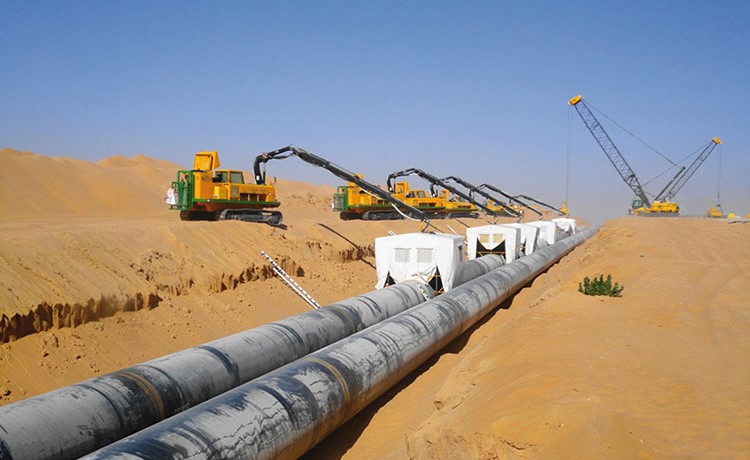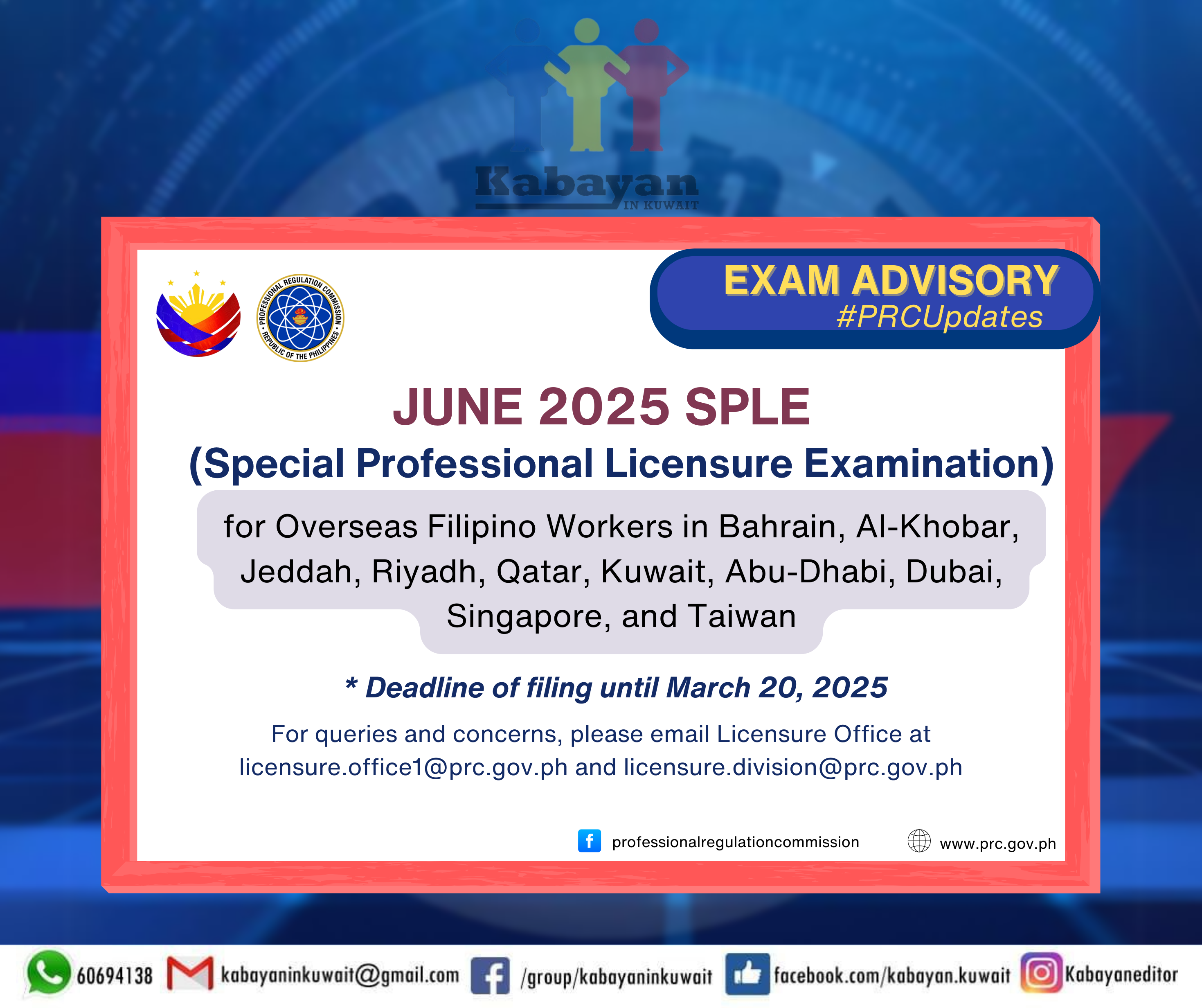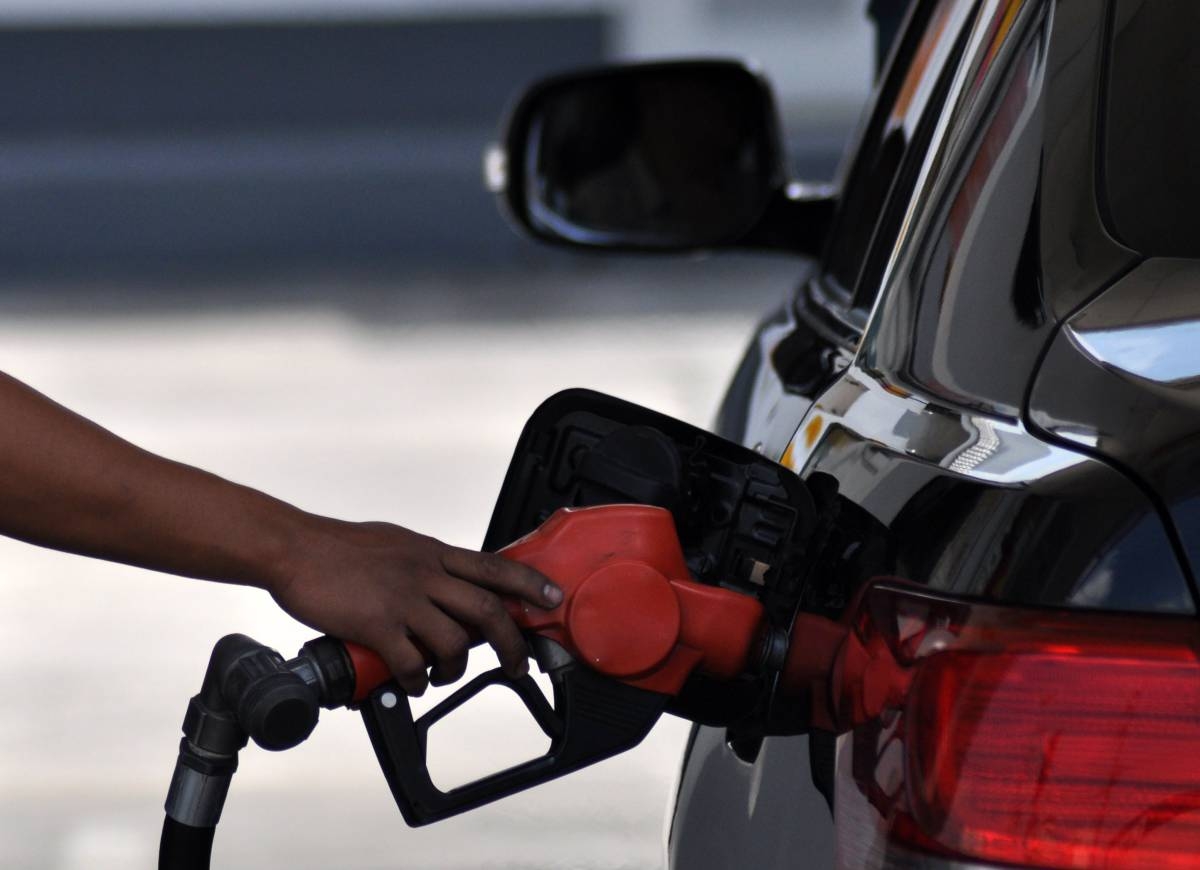According to MEED magazine, the Middle East and North Africa are facing escalating water scarcity issues, leading to a surge in investments aimed at strengthening the capacity and efficiency of the water sector. This growing trend is driven by the need to meet the increasing demand for water and overcome obstacles to major economic development projects in the face of water scarcity.
To ensure sustainable water management, the focus is on redirecting spending towards enhancing water desalination and treatment capacity. Additionally, investments are being directed towards water transportation pipeline projects to reduce water loss and improve sanitation practices, as reported by Al-Anba daily.
Recognizing the urgency of the situation, national and municipal governments are also taking initiatives to fortify water security and minimize the environmental impact of buildings. Projects such as reservoirs and district cooling systems are being implemented to achieve these objectives.
Data from Med Projects reveals a significant increase in contract awards, totaling approximately $22 billion between January and November 2023. This represents a doubling of the value compared to the previous year. Saudi Arabia stands out as the dominant player, securing 43% of the total contracts awarded, followed by the United Arab Emirates with 23%.
When it comes to non-awarded contracts for water transportation projects, the UAE and Saudi Arabia lead the way with values of $10.75 billion and $9.986 billion, respectively. Oman and Qatar closely follow with projects valued at $1.823 billion and $1.35 billion. Kuwait secures the fifth position with $660 million, and Bahrain concludes the list with projects worth $240 million.
Water transmission and pipeline projects constitute approximately 35% of the planned and non-awarded projects, while water desalination and wastewater treatment plant projects each account for around 25% of the share. This surge in investment reflects a concerted effort to address the challenges posed by water scarcity and promote sustainable water management practices in the region.
The Middle East and North Africa region faces unique water scarcity challenges due to its arid climate and growing population. With limited freshwater resources, investing in the water sector is crucial to ensure a sustainable future. By enhancing the capacity and efficiency of water desalination and treatment, countries in the region can meet the increasing demand for water and support economic development.
Water transportation pipeline projects play a vital role in curbing water loss and improving sanitation practices. By investing in these projects, countries can ensure efficient distribution of water resources and minimize wastage. This not only addresses immediate water scarcity challenges but also contributes to long-term water security.
Furthermore, the construction of reservoirs and the implementation of district cooling systems are important steps towards fortifying water security. These projects help in storing water for future use and reducing the environmental impact of buildings by optimizing energy consumption for cooling purposes.
The significant increase in contract awards for water sector projects reflects the commitment of governments and stakeholders to tackle water scarcity challenges head-on. By investing in water desalination, treatment, and transportation, countries in the Middle East and North Africa are taking proactive measures to secure their water resources and promote sustainable development.
In conclusion, the escalating water scarcity in the Middle East and North Africa has led to a surge in investments aimed at enhancing the capacity and efficiency of the water sector. Through investments in water desalination, treatment, and transportation projects, countries in the region are addressing water scarcity challenges and promoting sustainable water management practices. These efforts are crucial for ensuring a secure and prosperous future in the face of limited freshwater resources.







